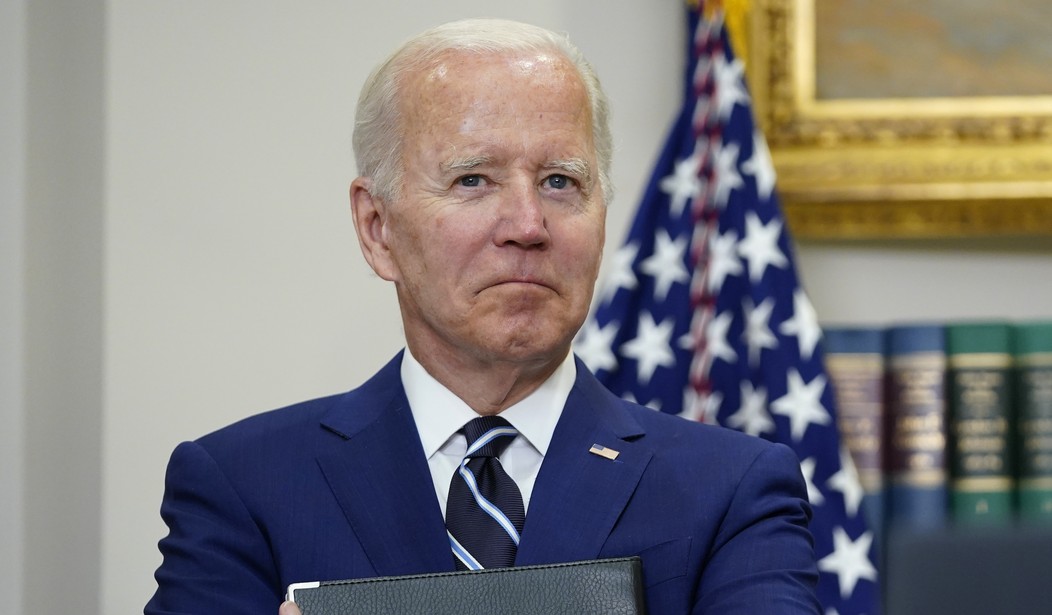In less than two weeks the ATF”s new rules on unfinished frames and receivers are set to take effect, but the Firearms Policy Coalition is hoping to put a halt to the agency’s attempt to redefine what a firearm is under federal law before the new regulations kick in on August 24th.
On Thursday, the Second Amendment organization filed a federal lawsuit challenging the legality of the new rules, arguing that the Biden administration overstepped its executive branch authority by imposing the new rules, which FPC says is the proper purview of Congress, not DOJ or ATF.
“The Final Rule defies the plain language of the [Gun Control Act] and longstanding agency interpretation suggesting that the items at issue here, sometimes colloquially referred to as receiver blanks, unfinished frames or receivers, or 80% frames or receivers, are not firearms,” says the complaint. “Through this rulemaking, however, the Agencies are attempting to create a broad, sweeping definition by including items that are not yet the ‘frames or receivers’ of such weapons and by including ‘frame or receiver kits.’”
“Neither the president nor any federal agency has the power to make law,” said FPC’s Senior Attorney for Constitutional Litigation Cody J. Wisniewski. “The Constitution is clear–Congress has the power to make law, and the Executive Branch is limited to enforcing that law. But here, President Biden openly admitted that he would circumvent Congress and have the DOJ and ATF issue new regulations that go well beyond congressionally-established law and seek to greatly expand the ATF’s reach. FPC will not stand idly by while the federal government tramples the rights of peaceable individuals through agency rulemaking.”
As bad as the new rules are, my bigger concern is that they’re being used as a sort of test case for the Biden administration to see just how much they can get away with. If the courts allow for these rules to be enforced (as well as the pending rule on pistol stabilizing braces set to take effect next month), it will be a green light for Biden and officials like ATF Director Steve Dettelbach to use the regulatory power of the agency to go after semi-automatic firearms by claiming they’re “readily convertible” to fully-automatic machine guns, and therefore must be regulated under the National Firearms Act.
Gun control activists are already pushing for this interpretation in multiple lawsuits that have been filed against gun makers, and the Michael Bloomberg-funded anti-gun outlet The Trace recently offered up a history lesson that they say proves the agency already has the power to act.
In the late 1970s and early ‘80s, law enforcement agencies started recovering huge numbers of converted RPB Industries SM10 pistols. The popular semiautomatic pistol was a near-perfect replica of the Mac-10 submachine gun, and by shaving down a small internal component with a steel file, it could be modified to fire on fully automatic. At nearly a quarter of the price, it became a hot commodity among drug traffickers.
Law enforcement recovered at least a thousand of the machine guns in crimes across the nation by 1980. That same year, the ATF linked 60 of the guns to drug related murders in Florida alone.
To curb the proliferation of these military-grade weapons, the ATF took an unprecedented step. It reclassified a handful of easily converted semiautomatic pistols and rifles as machine guns. The ruling legally grandfathered the weapons already in circulation, but forced an ultimatum on their makers: Redesign future iterations to be less susceptible to automatic conversion or face selling them under the strict regulations of the National Firearms Act.
… Norm Bergeron, another former ATF agent, said it’s true that the agency is reluctant to regulate large companies. “You have to have clout to go up against the U.S. government,” he said. “It really comes down to money. Money buys you lobbyists, it buys you attorneys.”
Democrats believe that reluctance is in part due to the ATF’s perpetual leaderlessness over the last 16 years and its historically lean budget.
“Any regulatory agency without permanent leadership is vulnerable to not fully fulfilling its mission,” said Representative Bonnie Watson Coleman of New Jersey, a Democrat who also signed the congressional letter to the ATF in April. Watson Coleman said she believes a regulatory path like the one tried during the 1980s could curtail automatic conversions of particular firearms.
Well, the ATF is no longer “leaderless” now that Steve Dettelbach has been confirmed as permanent director of the ATF, and we may very well see the Biden administration move in this direction, especially if the sweeping new rules dealing with unfinished frames/receivers and pistol stabilizing braces are upheld by the courts. Of course even if they are struck down the ATF may still try to take the “unprecedented step” of declaring that many of the most popular semi-automatic pistols and rifles should be considered machine guns under federal law, but defeating these new rules in court would do a lot to undermine the gun control lobby’s argument that the ATF possesses the power to reclassify the most commonly-sold firearms in the country as machine guns.









Join the conversation as a VIP Member